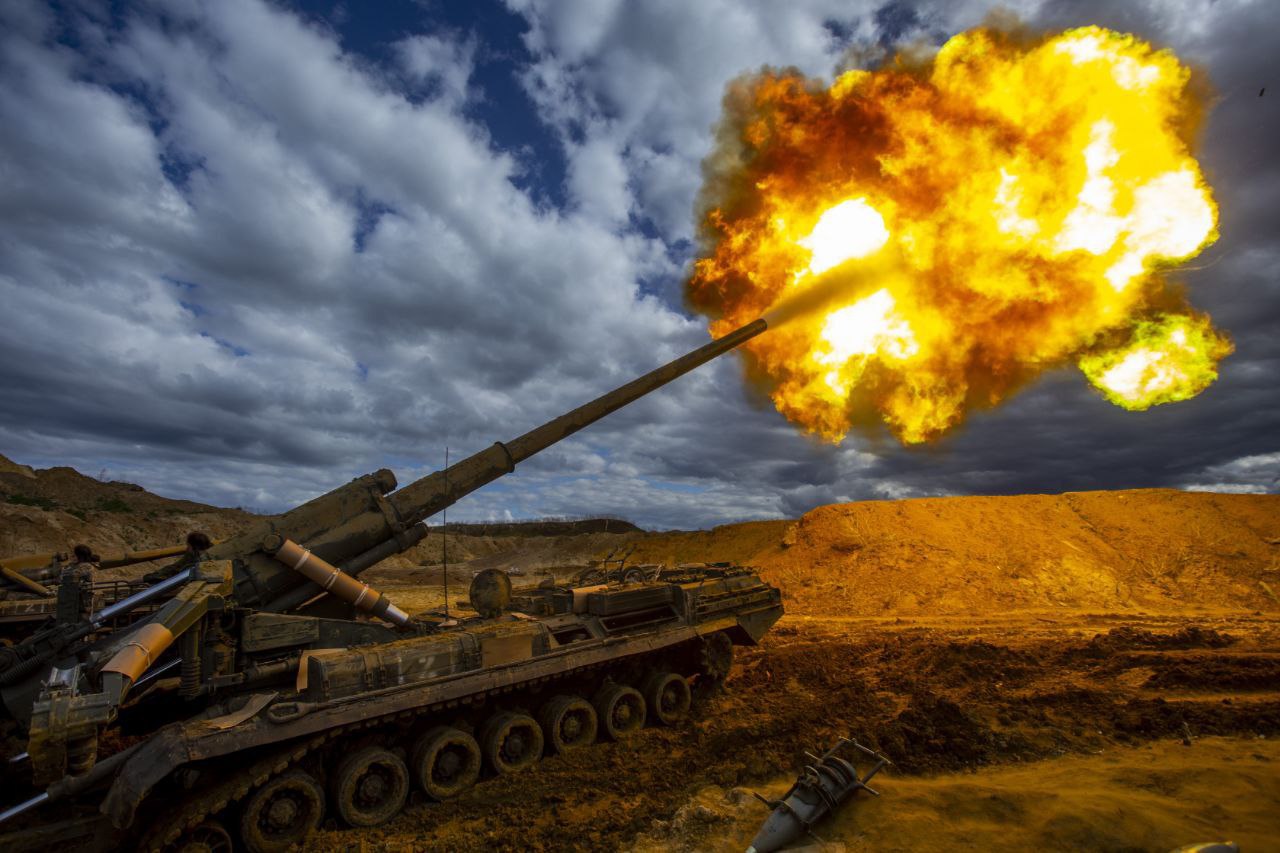The following is a summary of the 23rd session of the Congressional Study Group on Foreign Relations and National Security, a program for congressional staff focused on critically engaging the legal and policy factors that define the role that Congress plays in various aspects of U.S. foreign relations and national security policy.
On August 19, 2022, the Congressional Study Group on Foreign Relations and National Security convened over Zoom to discuss the debate over designating Russia as a state sponsor of terrorism (SST). While there have been increasing calls for designating Russia, doing so brings a number of risks with it, some of which could prove more harmful than helpful for Ukraine.
The study group was joined by two outside experts for the session: Brian O’Toole, a leading sanctions expert who is currently a non-resident senior fellow at the Atlantic Council and previously held positions at the Treasury Department and Central Intelligence Agency; and Ingrid Wuerth, a leading international law scholar and professor at Vanderbilt Law School.
Prior to the discussion, the study group circulated the following background readings:
- Dianne Rennack, “State Sponsors of Acts of International Terrorism—Legislative Parameters: In Brief,” Congressional Research Service (May 4, 2021);
- Jason M. Blazakis, “The Ultimate Sanction: Listing Russia as a State Sponsor of Terrorism,” A. Times (Mar. 1, 2022);
- Jason M. Blazakis, “Biden Should Swiftly Put Russia on Terror List,” The Hill (May 3, 2022);
- Ingrid Wuerth, “Russia Should Not be Designated a State Sponsor of Terrorism,” Transnational Litigation Blog (July 11, 2022); and
- Delaney Simon and Michael Hanna, “Why the U.S. Should Not Designate Russia a State Sponsor of Terrorism,” International Crisis Group (Aug. 4, 2022).
The presenters began by describing the role that SST designations play in the menu of sanctions tools available to the U.S. government. The Department of State holds responsibility for the primary action of designating an SST, while enforcement and implementation of the designation is the responsibility of the Department of the Treasury.
The presenters focused on two consequences that they predicted would flow from designating Russia as an SST: first, a chilling effect on financial institutions that could avoid transactions with Russia that may be technically permitted, but institutions deem too risky to participate in; and second, pursuit of claims against Russia by U.S. citizens who could collect on judgments from Russian assets frozen by the United States, which would reduce the funds available for rebuilding Ukraine and compensating Ukrainian victims of Russian acts or as leverage to modify Russian behavior.
The presenters explained that predicting follow-on effects of SST designation is difficult because firms, particularly the financial institutions that serve as gatekeepers to economic activity, may calculate that risks of conducting otherwise permissible business with companies and individuals in SSTs pose too much risk, thereby extending the SST designation’s effect beyond its precise legal boundaries. This chilling effect could lead to outcomes that are undesirable to policymakers: for example, a designation could cause firms involved in Russian exports of grain to step back from these transactions due to the reputational risk of doing business with an SST-designated country (or some other risk concern), which in turn could lead to elevated food prices in countries that rely on those exports.
The designation of Russia as an SST could also create opportunities for U.S. claimants to seek to enforce judgments against currently frozen Russian state assets. This could in turn hinder efforts to use those assets to rebuild Ukraine, compensate Ukrainian victims of Russia’s actions, or induce Russia to change its behavior (or some combination of those three activities). While the Foreign Sovereign Immunities Act generally immunizes sovereign governments from suits in the United States, SST designation is an exception to that immunity and thereby opens a gate to suits based on conduct that was the basis for or occurred after the designation. Only U.S. citizens, U.S. service members, and U.S. government employees are eligible to be plaintiffs in these circumstances.
Therefore, the presenters noted, the basis for SST designation would create categories of eligible and excluded plaintiffs: current legislation cites as a basis for designation the Second Chechen War, Russian support of separatists in the Donbas region of Ukraine, Russian material support to Syria, private military networks of mercenaries, and allegations that Russia provides sanctuary to a U.S.-designated terrorist group. The panelists suggested that such expansive bases for designation could create pools of U.S. plaintiffs who could enforce judgments against Russia and erode the pool of assets frozen by the United States, thereby preventing the use of those assets to compel changed Russian behavior, as payment to Ukrainian claimants who are not qualified to sue in U.S. courts, or other use of those funds to rebuild Ukraine.
Following the outside experts’ initial remarks, the session went into open discussion. Topics discussed included: how SST designation interacts with other terrorism-related designation regimes; what makes SST designation in the United States different from similar regimes in other countries; and how Congress could create alternatives to SST designation.
Visit the Congressional Study Group on Foreign Relations and National Security landing page to access notes and information on other sessions.
The Brookings Institution is committed to quality, independence, and impact.
We are supported by a diverse array of funders. In line with our values and policies, each Brookings publication represents the sole views of its author(s).



